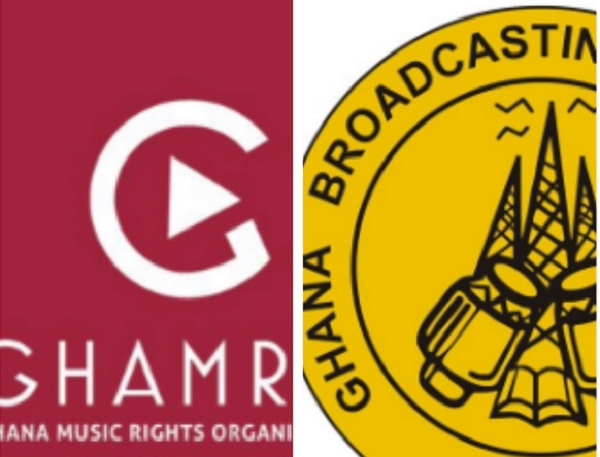
GBC’s Legal Battle with GHAMRO Ends in Defeat
The Ghana Broadcasting Corporation (GBC) has suffered a setback in its legal dispute against the Ghana Music Rights Organization (GHAMRO). The long-standing case, which centered on royalty payments for music aired on GBC platforms, has concluded with a ruling in favor of GHAMRO.
At the heart of the dispute was GBC’s refusal to comply with GHAMRO’s demand for payment of royalties for the use of copyrighted music on its television and radio stations. GHAMRO, as the collective management organization responsible for administering music rights in Ghana, argued that GBC was obligated to compensate artists and rights holders for the broadcast of their music.
Despite GBC’s insistence that it was exempt from paying royalties under the Copyright Act, the court ultimately sided with GHAMRO, affirming the organization’s authority to collect royalties on behalf of its members. The ruling represents a significant victory for GHAMRO and reinforces the importance of copyright protection in the music industry.
The outcome of the case has broader implications for the relationship between broadcasters and rights management organizations in Ghana. It underscores the need for broadcasters to uphold their legal obligations to compensate artists for the use of their music, thereby ensuring fair remuneration and the continued growth of the music ecosystem.
As GHAMRO celebrates its legal triumph, the decision serves as a reminder of the vital role that collective management organizations play in protecting the rights of artists and creators. By upholding copyright laws and advocating for fair compensation, GHAMRO contributes to the sustainability of the music industry and the livelihoods of musicians across Ghana.
Moving forward, the resolution of this legal dispute is expected to foster greater cooperation between broadcasters and rights management organizations, ultimately benefiting all stakeholders involved in the creation, dissemination, and consumption of music in Ghana.
Credit: Mabel Tekyiwaa Mensah




More Stories
Kofi Jamar, King Paluta, others set for YFM Ankaase Lakeside Party
A whole Tema General Hospital doesn’t have a standby generator? – Keche Joshua fumes over viral baby video
25th Ghana Music Awards Anniversary Launch &NomineesUnveilSlated for 28th March!